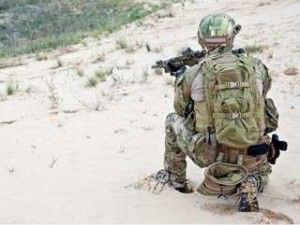Because Jacksonville, North Carolina is home to Camp Lejeune and Air Station New River, we get a lot of questions about the differences between military law, civilian law, and criminal law. If you are in the military, it’s especially important to understand how the differences between these various areas of the law can affect you and your life. So, let’s take a little time to look at some basic questions about the differences between military and civilian law.
What is military law?
When you join the military, you agree to abide by a set of rules, regulations, and laws that are very different than those that apply to people who are not in the armed forces. This is generally referred to as military law. Military law includes very specific sets of laws, such as the Uniform Code of Military Justice, or UCMJ, as well as other sources of regulations and rules.
Anyone who is on active duty, in the reserves or the National Guard, or who is a retired member of the Armed Forces is subject to the provisions enforced under the Uniform Code of Military Justice. This collection of laws addresses issues such as courts-martial, military trials, and punishments for those who commit crimes, or who violate the rules, while in the Armed Forces.
What is the difference between military and civilian law?
Civilians are not subject to military law, whether or not they are on a military installation. Military service members are subject to the Code of Military Justice both on an off a military installation. Both service members and civilians are subject to civilian laws. This means that members of the armed forces are governed simultaneously by two sets of rules. As a result, breaking the law can result in a soldier being punished twice–once by the military and again in civilian courts. This is not double jeopardy.
For example, if a marine is charged with Driving While Impaired in Onslow County, North Carolina, they would be prosecuted for that crime in state court. He or she might also be subject to court martial or non-judicial punishment for failing to follow a lawful order (that being not to drink alcohol and then operate a motor vehicle). If this same marine drove drunk while aboard Camp Lejeune, they would not be prosecuted in state court because the crime took place aboard a federal military installation and so only the military rules would apply. Meanwhile, a civilian arrested for this same DWI aboard the base could not be prosecuted under the military laws because he or she never joined the armed forces and is not subject to those laws. That case would be sent to a civilian federal court for trial.
If you are charged with a civilian criminal offense in state or federal court, you should promptly speak with a criminal defense lawyer. If you are a service member facing military justice, contact an attorney who can advise and assist you with that different set of laws and rules.

